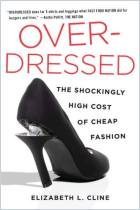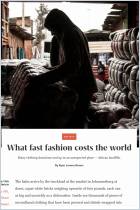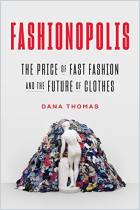Fast fashion may be the perfect microcosm to represent modern consumerism. Customers get what they want – quick, convenient, low-cost goods – sellers get what they want – namely profits – and if there’s a loser in the equation, it’s the environment, and the low-wage, long-hour workers that make it all possible. In this Wired article, journalist Vauhini Vara explores the not-so-hidden underbelly of Shein, the fastest purveyor of fast fashion. Between middling social media influencers and small package shipping that defies import regulations, Shein has found a winning combination for profits.
Fast-fashion company Shein has found marketing success collaborating with social media influencers with medium-sized followings.
A young woman appears on screen, hamming for the camera. She lifts a large plastic bag, rips it open and appears delighted as numerous small packages tumble down around her. She opens one small package and reveals a crumpled dress. After a quick cut, she’s wearing the dress. She does a little dance, rips open another package, and voila! There’s a quick cut, and she’s wearing a whole new outfit. This motif repeats until the video ends. This is a typical #sheinhaul video, and it’s proven a winning and low-cost marketing strategy for moving fast fashion in the TikTok age. When asked how much she made for a typical #sheinhaul video, one high-school-aged influencer with 340,000 Instagram followers wouldn’t say an exact number, but she did intimate that she made more money in a few hours filming Shein content than her friends did in a week at their after-school jobs.
On the Shein website...
Vauhini Vara is a journalist and novelist whose work has appeared in Wired, The Atlantic, The New Yorker and The New York Times Magazine. Her novel, The Immortal King Rao, was published in May 2022.


















Comment on this summary or 开始讨论